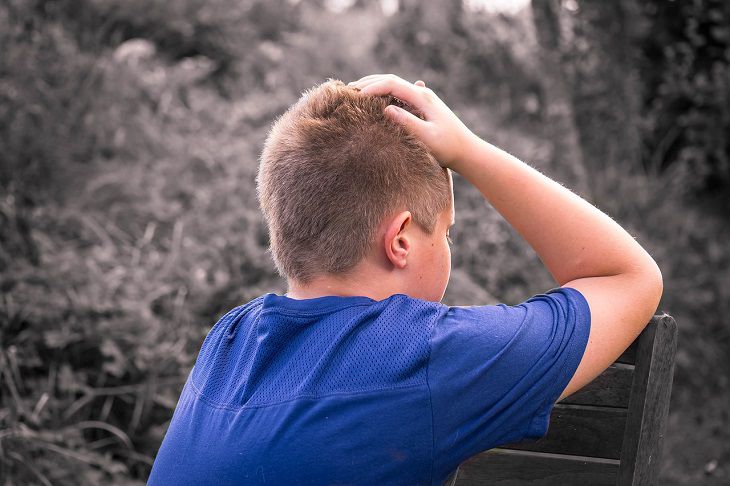Harsh discipline harms children: A new study
A recent study has provided insights into the long-term consequences of harsh parenting on a child's mental well-being.
The experiment revealed that kids exposed to "hostile" parenting at the age of 3 were 1.5 times more likely to display "high-risk" mental health issues later.
This parenting involves actions such as frequent shouting, physical punishment, isolating kids when they misbehave, hurting their self-esteem, or employing unpredictable punishments based on the parent's mood.
How it was tested
Approximately 10% of children were categorized as high-risk for experiencing poor mental health, and kids facing hostile parenting were more likely to experience that.
Parenting style is just one of several factors influencing a child's mental health, alongside factors like gender, physical health, and socio-economic status.

Providing additional support to parents of at-risk children may help prevent the development of mental health issues.
Why it's important
The lead scientist stressed the significance of setting boundaries for children while cautioning against frequent harsh discipline due to its potential negative impact on mental health.
The experiment underscores the significance of offering a warm and positive upbringing, especially when other factors may elevate the risk of poor mental health outcomes.
These findings emphasize the necessity for early intervention and support for children at risk of experiencing mental health issues, along with tailored guidance and training for new parents to effectively address these potential risks.


